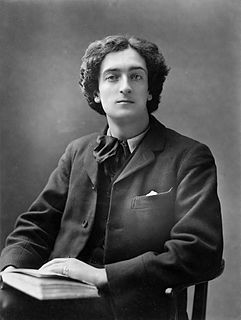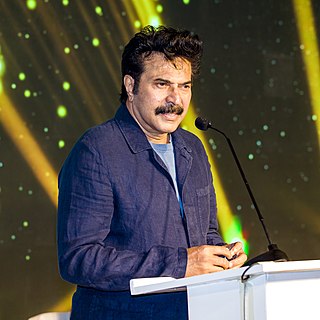A Quote by Richard Le Gallienne
Though actually the work of man's hands - or, more properly speaking, the work of his travelling feet, - roads have long since come to seem so much a part of Nature that we have grown to think of them as a feature of the landscape no less natural than rocks and trees.
Related Quotes
As a younger person, I was obsessed with Ray Bradbury, and I think his stories did more to shape me as a storyteller than anybody else - even though, when I read them now, a lot of them seem overly sentimental. But that's probably the writer that I've thought about the most, even though I don't necessarily like a lot of his work.
All the sciences have a relation, greater or less, to human nature; and...however wide any of them may seem to run from it, they still return back by one passage or another. Even Mathematics, Natural Philosophy, and Natural Religion, are in some measure dependent on the science of MAN; since they lie under the cognizance of men, and are judged of by their powers and faculties.
The faithful man perceives nothing less than opportunity in difficulties. Flowing through his spine, faith and courage work together: Such a man does not fear losing his life, thus he will risk losing it at times in order to empower it. By this he actually values his life more than the man who fears losing his life. It is much like leaping from a window in order to avoid a fire yet in that most crucial moment knowing that God will appear to catch you.
Though perhaps less universally known than such figures as Einstein or Gandhi (who became symbols of our time) Daisetz Suzuki was no less remarkable a man than these. And though his work may not have had such resounding and public effect, he contributed no little to the spiritual and intellectual revolution of our time.
Looking back on the long-stretched-out body of one's work, it is interesting to mark the endless duel fought within a man between the emotional and critical sides of his nature, first one, then the other, getting the upper hand, and too seldom fusing till the result has the mellowness of full achievement. One can even tell the nature of one's readers, by their preference for the work which reveals more of this side than of that.
We see a lot of feature-driven product design in which the cost of features is not properly accounted. Features can have a negative value to customers because they make the products more difficult to understand and use. We are finding that people like products that just work. It turns out that designs that just work are much harder to produce that designs that assemble long lists of features.
I watched a small man with thick calluses on both hands work 15 and 16 hours a day. I saw him once literally bleed from the bottoms of his feet, a man who came here uneducated, alone, unable to speak the language, who taught me all I needed to know about faith and hard work by the simple eloquence of his example.







































